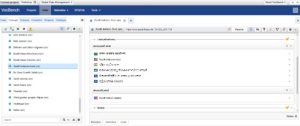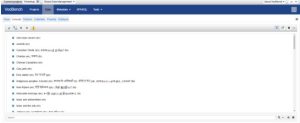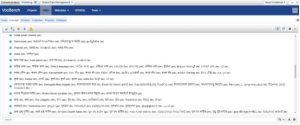The South Asian Canadian Digital Archive is committed to documenting, digitizing, and preserving the rich and diverse histories of South Asian communities across Canada. By gathering stories, records, photographs, and other cultural materials, SACDA seeks to create an inclusive archival space that reflects the lived experiences of South Asians in Canada—past and present.
As part of this work, SACDA has developed a custom metadata schema tailored to the needs of this community. The schema is grounded in established standards such as Rules for Archival Description (RAD) and the Metadata Object Description Schema (MODS). SACDA’s metadata work also incorporates established vocabularies such as the Library of Congress Subject Headings (LCSH) and the Thesaurus for Graphic Materials (TGM).
However, while widely adopted, LCSH falls short in accurately representing many aspects of South Asian culture, identity, and heritage. In response to these limitations, SACDA has developed localized thesauri—community-specific vocabularies that more accurately capture the nuances of South Asian Canadian lived experiences.
From Spreadsheets to Semantic Web Tools

These local thesauri were originally maintained in a spreadsheet, but SACDA is now exploring more robust and scalable options. In partnership with Dr. Julia Bullard at UBC’s iSchool and as part of the SSHRC Partnership Development Grant-funded project, Developing a Community for Community-Centered Vocabulary Work, Graduate Research Assistant Asmita Gupta has been working on the initiative to assess the feasibility of migrating SACDA’s thesauri into VocBench—an open-source, web-based tool designed for managing multilingual and semantically rich vocabularies.
What the Process Involved:

This exploratory phase included several key steps:
- Installing VocBench on a local system
- Converting thesauri into SKOS-compatible format (Simple Knowledge Organization System)
- Testing features such as multilingual labels, editorial notes, and relationships between terms (e.g., broader, narrower, related)
- Using OpenRefine to reconcile term translations with Wikidata, supporting multilingual access
- Creating RDF files to enable the import of SACDA’s thesauri into VocBench
The aim is to create a more dynamic, structured, and publicly accessible thesauri system—one that not only supports better metadata management but also allows community members, researchers, and archivists to engage with and shape the language of the archive.
What’s Next?

Looking ahead, this foundational work opens up exciting possibilities, including:
- Launching a public-facing thesaurus portal using ShowVoc, VocBench’s companion application, which allows users to browse terms and relationships without needing editing access
- Exploring the creation of a SACDA-specific Name Authority File within VocBench to support consistent, culturally specific naming conventions
This work is a vital step toward building archival infrastructure that is inclusive, multilingual, and community-rooted. By developing vocabularies that reflect lived realities—not just institutional norms—SACDA is helping to reshape how South Asian histories are described, understood, and shared.

